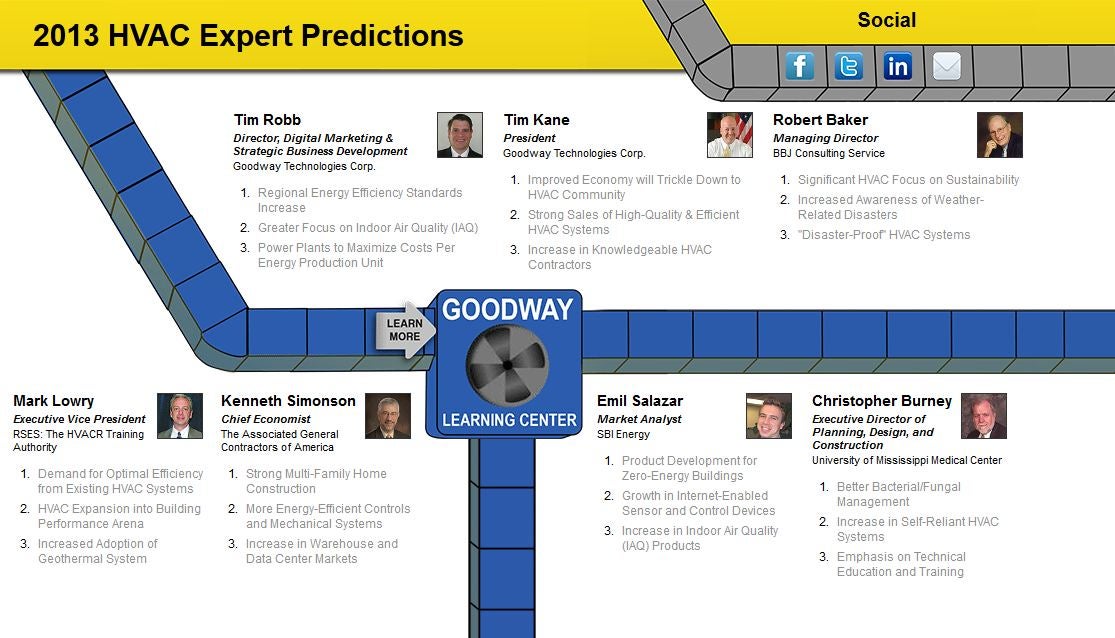The Future Of Home Heating - How Heatpump Technology Is Developing
The Future Of Home Heating - How Heatpump Technology Is Developing
Blog Article
Article Produced By-Dawson Oliver
Heat pumps will certainly be a critical modern technology for decarbonising home heating. In a circumstance consistent with federal governments' announced energy and environment dedications, their international capacity doubles by 2030, while their share in heating rises to one-quarter.
They work best in well-insulated homes and rely on electricity, which can be provided from an eco-friendly power grid. Technological innovations are making them much more efficient, smarter and less costly.
Gas Cells
Heatpump utilize a compressor, refrigerant, coils and followers to move the air and warmth in homes and home appliances. click here to investigate can be powered by solar energy or power from the grid. They have been getting popularity because of their inexpensive, peaceful operation and the capacity to produce power throughout peak power demand.
https://deannukqt.atualblog.com/35396148/the-ultimate-overview-to-comprehending-warm-pumps-just-how-do-they-work , like IdaTech and BG MicroGen, are dealing with fuel cells for home heating. These microgenerators can replace a gas boiler and create a few of a residence's electrical requirements with a connection to the electrical power grid for the remainder.
Yet there are reasons to be hesitant of using hydrogen for home heating, Rosenow states. It would certainly be pricey and inefficient compared to various other modern technologies, and it would certainly contribute to carbon emissions.
Smart and Connected Technologies
Smart home innovation allows property owners to link and control their tools remotely with the use of smartphone apps. As visit the up coming document , wise thermostats can learn your heating preferences and instantly adapt to enhance power intake. Smart lighting systems can be managed with voice commands and immediately switch off lights when you leave the room, minimizing power waste. And floor mounted heat pump can check and manage your electric use, allowing you to recognize and limit energy-hungry devices.
The tech-savvy family shown in Carina's interview is a great illustration of how owners reconfigure area heating techniques in the light of brand-new clever home innovations. They count on the devices' computerized features to carry out day-to-day changes and regard them as a practical ways of performing their heating practices. Because of this, they see no factor to adapt their techniques even more in order to allow versatility in their home power need, and interventions aiming at doing so may deal with resistance from these households.
Power
Since heating up homes make up 13% of US exhausts, a switch to cleaner alternatives can make a large distinction. However the technology encounters difficulties: It's expensive and needs substantial home restorations. And it's not always compatible with renewable resource resources, such as solar and wind.
Till recently, electrical heatpump were also costly to take on gas versions in a lot of markets. But new technologies in layout and products are making them a lot more budget-friendly. And far better chilly climate performance is enabling them to operate well even in subzero temperature levels.
The following step in decarbonising home heating may be using warmth networks, which attract warmth from a central source, such as a close-by river or sea inlet, and disperse it to a network of homes or buildings. That would lower carbon exhausts and enable homes to benefit from renewable resource, such as environment-friendly electricity from a grid supplied by renewables. This option would be less pricey than switching to hydrogen, a fossil fuel that needs brand-new infrastructure and would just reduce carbon dioxide discharges by 5 percent if coupled with boosted home insulation.
Renewable Energy
As power rates go down, we're beginning to see the very same fad in home heating that has actually driven electric autos right into the mainstream-- however at an even much faster pace. The solid climate case for impressive homes has actually been pressed better by brand-new study.
Renewables account for a significant share of modern-day heat intake, but have been offered restricted policy focus worldwide compared to various other end-use markets-- and even less attention than electrical energy has. Partly, this mirrors a mix of consumer inertia, divided incentives and, in lots of countries, subsidies for nonrenewable fuel sources.
New technologies might make the shift easier. As an example, heat pumps can be made extra energy efficient by replacing old R-22 refrigerants with new ones that don't have the high GWPs of their precursors. Some specialists also imagine area systems that draw warmth from a close-by river or sea inlet, like a Norwegian fjord. The cozy water can after that be used for heating and cooling in a neighborhood.